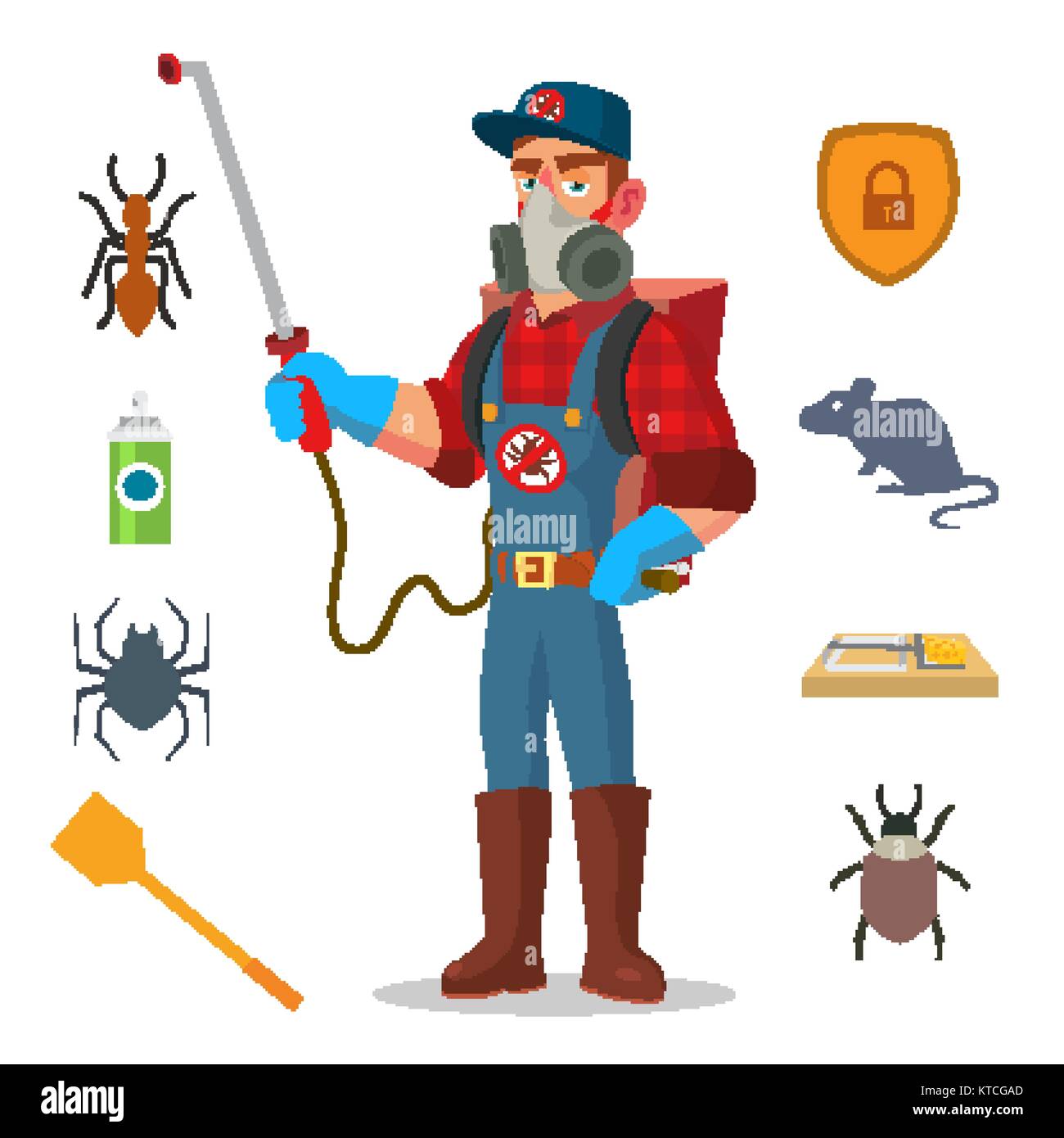Managing with a pest control invasion can be a resident's worst nightmare. Whether look at more info crawling through your kitchen, mice interrupting your peaceful sleep, or mice running in the walls, a sudden invasion can leave you feeling helpless and anxious for a fix. Understanding how to properly handle and prevent these problems is important for maintaining a safe and pleasant living environment.
In this comprehensive guide, we will investigate different strategies for ensuring your home pest-free year-round. From identifying common household pests and understanding how to get rid of them, to debunking pest control myths and discussing the pros of professional services, we will provide you with the necessary knowledge needed to address any pest problem. Prepared with the right information and helpful tips, you will be equipped to protect your home from unwelcome guests no matter the season.
Frequent Home Infestations and Solutions
Home pests can interrupt our everyday lives and pose health risks if left unaddressed. Frequent invaders such as roaches, palmetto bugs, and bed bugs require prompt action to lessen their effects. Roaches often enter dwellings in search of nourishment, creating routes that can be difficult to get rid of. A mix of neatness, sealing access points, and using bait traps can effectively manage termite populations.
Roaches are not only unpleasant but also carry infections. These pests thrive in dim, wet environments, making food prep zones and washrooms prime areas. Keeping these areas tidy and dry is important, along with using bug sprays or traps specifically made for palmetto bugs. For severe infestations, seeking qualified pest control services may be essential to eliminate the issue fully.
Mattress bugs are notoriously difficult to detect and remove. They often travel in luggage and apparel, leading to invasions in dwellings and hotels. The key to managing mattress bugs is to recognize them early and act quickly. Soaking contaminated items in hot water, vacuuming frequently, and using bed bug-specific chemicals can help manage and ultimately remove these bugs from your living space.
Season-based Pest Control Prevention Tips
As the times of year change, so do the types of pests that enter our houses. The spring season often brings various ant species, termite infestations, and different insects awakening from their cold weather dormancy. To prepare your residence, conduct a thoroughly detailed check-up of the outside for any cracks or spaces where pests could get in. Sealing these gaps, along with keeping your garden free of standing water and debris, will create a less hospitable environment for possible infestations.
During the hot months, it's crucial to concentrate on mosquitoes and insect control. Consistently mowing your lawn, trimming overgrown bushes, and getting rid of any stagnant water can assist reduce mosquitoes breeding locations. Additionally, think about using organic repellents in your yard to aid in warding off these annoying bugs at bay while you enjoy your yard.

As the fall approaches, rodents begin their quest for warmth and shelter. To prevent an influx, check your house's base and access areas. Ensure all windows and entryways are well-sealed and repair any damaged mesh. Storing food in sealed containers and maintaining your kitchen and pantry tidy can greatly deter rodents and other creatures looking for a meal as they seek shelter from the chilly weather.
Expert vs. Do-It-Yourself Pest Management
When it comes to pest control, homeowners often face the choice between DIY methods and hiring experts. Do-It-Yourself pest control can seem attractive due to its cost-effectiveness and the convenience of treating issues on your personal timing. Popular approaches include store-bought sprays, traps, and natural remedies. However, many Do-It-Yourself methods may not address the root cause of pest infestations, leading to recurring problems. Additionally, incorrect application of solutions can pose health risks to your family and pets.
On the flip side, professional pest management services offer specialized knowledge and focused knowledge that can effectively handle multiple pest problems. Licensed pest control technicians can conduct thorough inspections to detect problem areas and pest entry points. They also use commercial-grade products and techniques that are often more effective than regular retail options. Moreover, professionals can provide continuous monitoring and prevention strategies, significantly minimizing the chances of future infestations.
Ultimately, the choice between DIY and expert pest control depends on the extent of the infestation and the homeowner's comfort level with handling pests. For small issues, DIY approaches might be sufficient, but for significant infestations or persistent pest problems, engaging a specialist service is usually the best and most effective approach.
